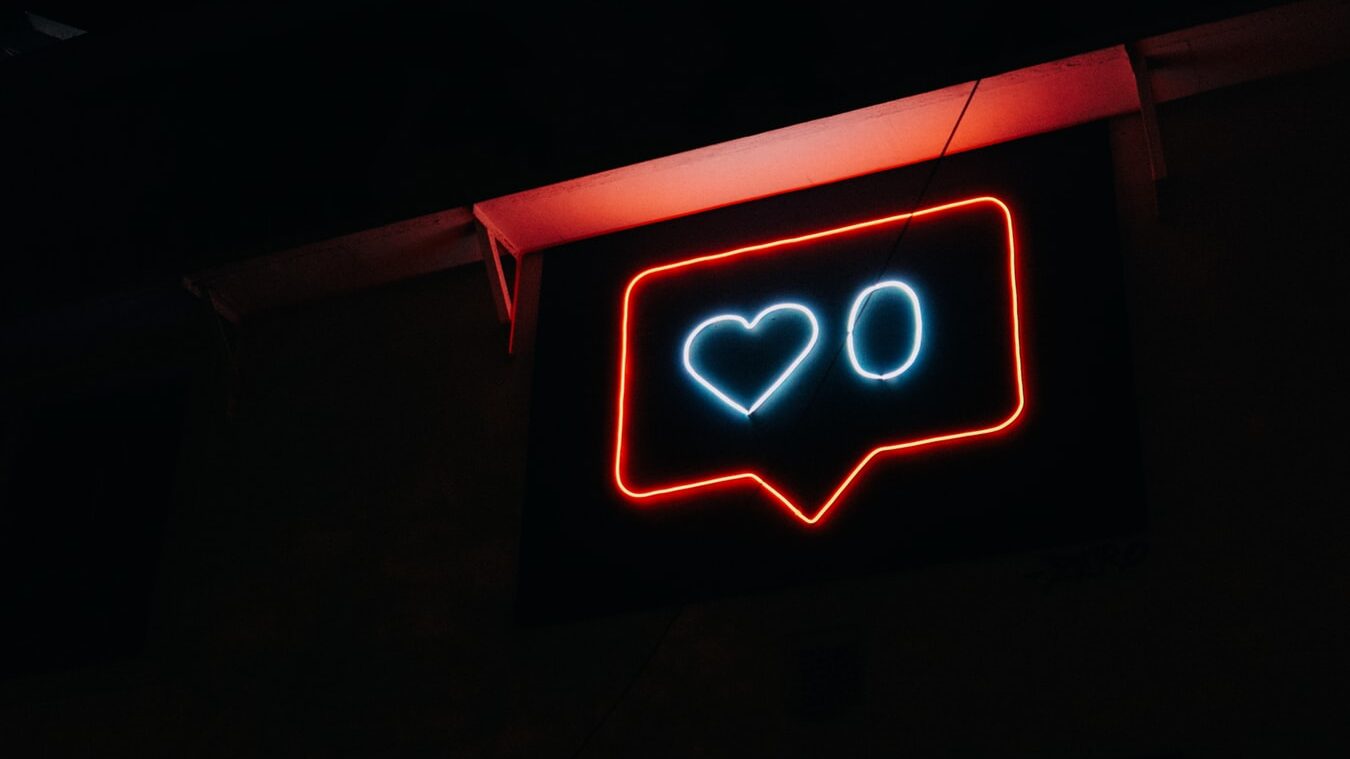With Instagram’s announcement to test hiding like counts in the U.S. after previous test in seven countries, people are scrambling to predict the impact for brands and influencers. In the announcement, Instagram said it was “about young people” to “depressurize” the platform. However, they did not state that the test would be limited to minors. Some speculate it is to curtail the ability of influencers to monetize the platform and drive more marketing spend to Instagram ads.
A report by HypeAuditor does provide some support, with decreases in like ranging from 15% to almost 30% in Brazil. Japan was the only country that saw some increase in likes among some influencers. While I agree that there is a social pressure amplified by these platforms, there is some rational for Instagram to make this move from a revenue standpoint. If this change is accepted by users, then expect it to stay and for additional antics to deemphasize metrics.
At Padilla, we have been moving clients away from focusing on these vanity metrics for their own accounts. Only 1% of users engage with brands, so focusing on engagement rates leaves 99% of users out of your targeting. Instead, we focus on upper funnel metrics, like impressions, reach and views, as well as lower funnel metrics like intent to purchase, time spent on the websites and conversions.
When it comes to influencers, our selection criteria are based on their audience engagement, and the quality and relevancy of their content. You can’t exclude likes, but we also consider video views, comments and followers. Ultimately compelling content will continue to be what attracts likes, especially on Instagram. We don’t expect true influencers to lose their influence just because their like count is hidden, and these numbers will continue to be available to them and reported back to partners.
As the father of a ten-year-old girl, I do worry about the mental health implications of our online sharing society. Today’s social platforms do not seem to offer an escape from the challenges of growing up that have always been there. As a writer for Wired put it, Instagram is becoming the “mental health lab of our era” and this isn’t their first or only effort to that end. As for influencers, reports of their death are greatly exaggerated. You may however, want to put more rigor to your selection criteria and reconsider how you evaluate success.

